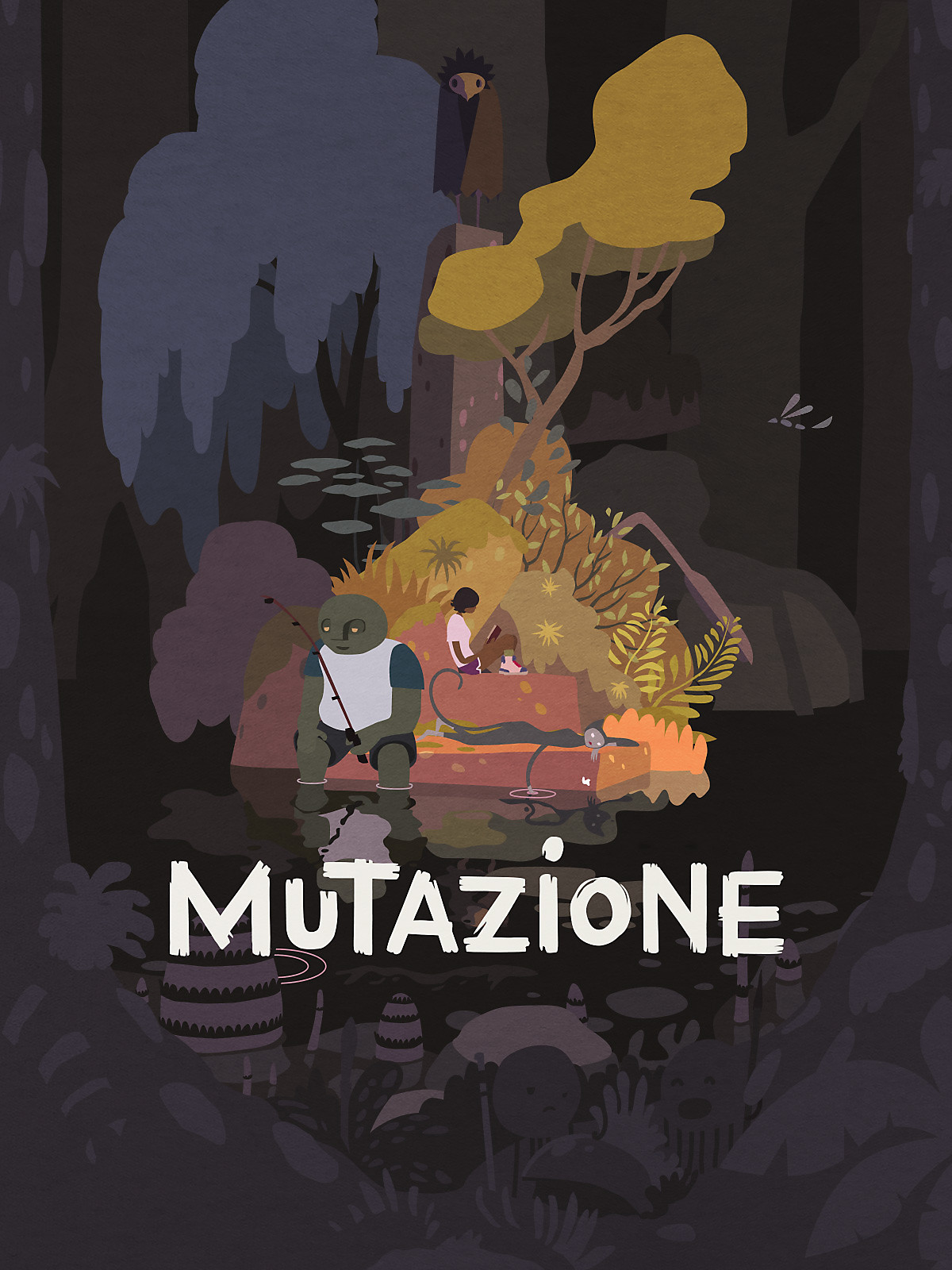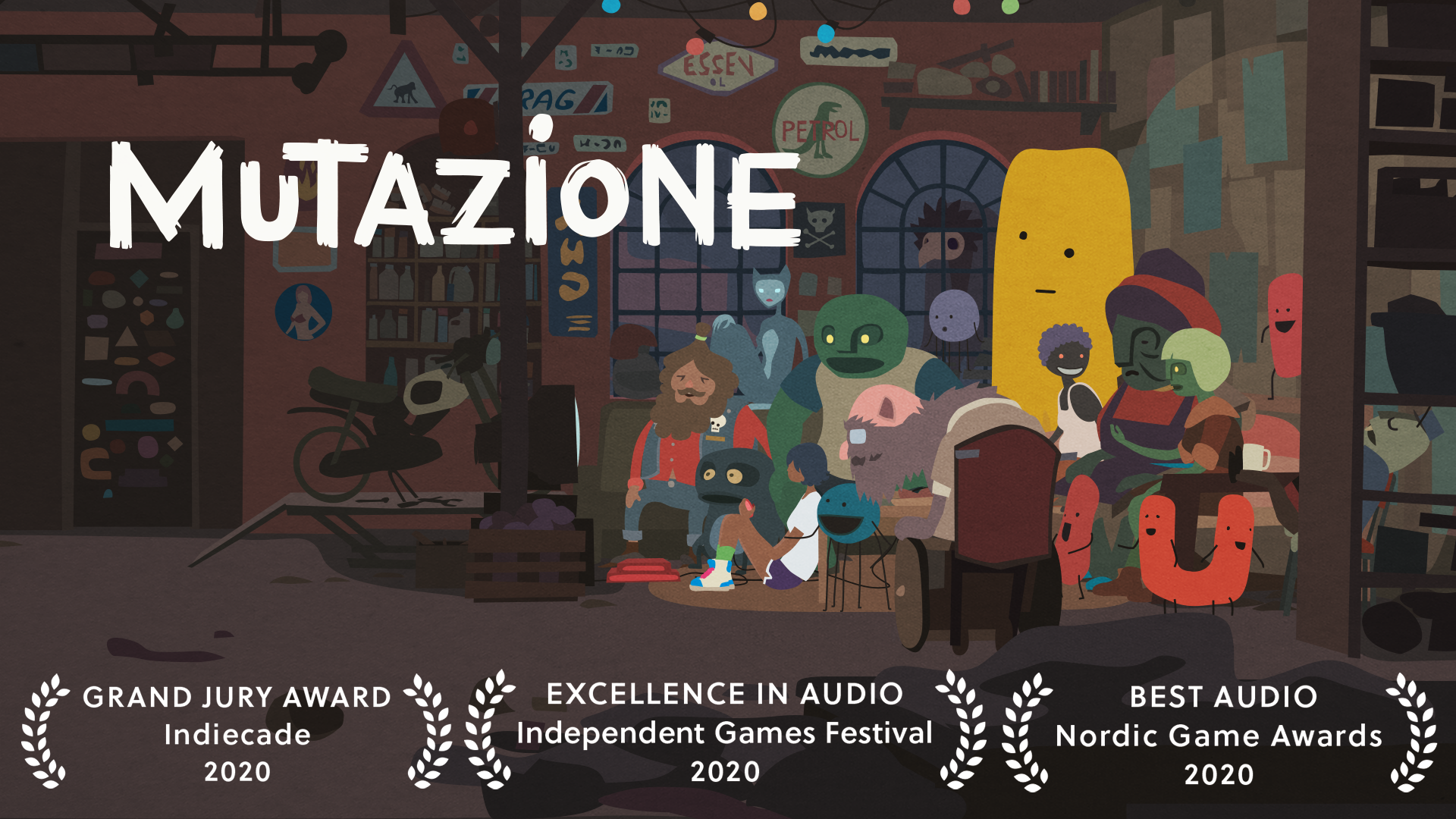spacetime coordinates: 1977 – 1981 US

Mindhunter is an American psychological crime thriller television series created by Joe Penhall, based on the 1995 true-crime book Mindhunter: Inside the FBI’s Elite Serial Crime Unit written by John E. Douglas and Mark Olshaker. The executive producers include Penhall, Charlize Theron, and David Fincher, the latter of whom has served as the series’s most frequent director and de facto showrunner, overseeing much of the scriptwriting and production processes. The series stars Jonathan Groff, Holt McCallany, and Anna Torv, and it follows the founding of the Behavioral Science Unit in the FBI in the late 1970s and the beginning of criminal profiling.
The first season of ten episodes debuted worldwide on Netflix on October 13, 2017. The second season was released by Netflix on August 16, 2019. In January 2020, Netflix announced that the potential for a third season was on indefinite hold as Fincher wanted to pursue other projects but may “revisit [the series] in the future”.

Mindhunter revolves around FBI agents Holden Ford (Jonathan Groff) and Bill Tench (Holt McCallany), along with psychologist Wendy Carr (Anna Torv), who operate the FBI’s Behavioral Science Unit within the Training Division at the FBI Academy in Quantico, Virginia. Together, they launched a research project to interview imprisoned serial killers to understand their psychology with the hope of applying this knowledge to solve ongoing cases.
The first season takes place from 1977 to 1980, in the early days of criminal psychology and criminal profiling at the Federal Bureau of Investigation. Cameron Britton has a recurring role in this season as notorious serial killer Edmund Kemper, who is the first to assist Ford and Tench in understanding how a serial killer’s mind works. Other notable serial killers featured in the first season include Montie Rissell played by Sam Strike, Jerry Brudos played by Happy Anderson, Richard Speck played by Jack Erdie, and Dennis Rader also known as BTK, played by Sonny Valicenti.
The second season takes place between 1980 and 1981, with Ford and Tench investigating the Atlanta murders of 1979 to 1981, which included at least 28 deaths, mostly children. This is based on the real case of Wayne Williams, who was charged and convicted for the murder of two adult men but was never tried for the killing of the children and adolescents, causing mass outrage and questions over Williams’s guilt as the children’s cases went cold. The second season also features other infamous murderers, such as David Berkowitz, also known as Son of Sam, played by Oliver Cooper, William Pierce Jr. played by Michael Filipowich, Elmer Wayne Henley Jr. played by Robert Aramayo, and Charles Manson, played by Damon Harriman. (wiki)



















































